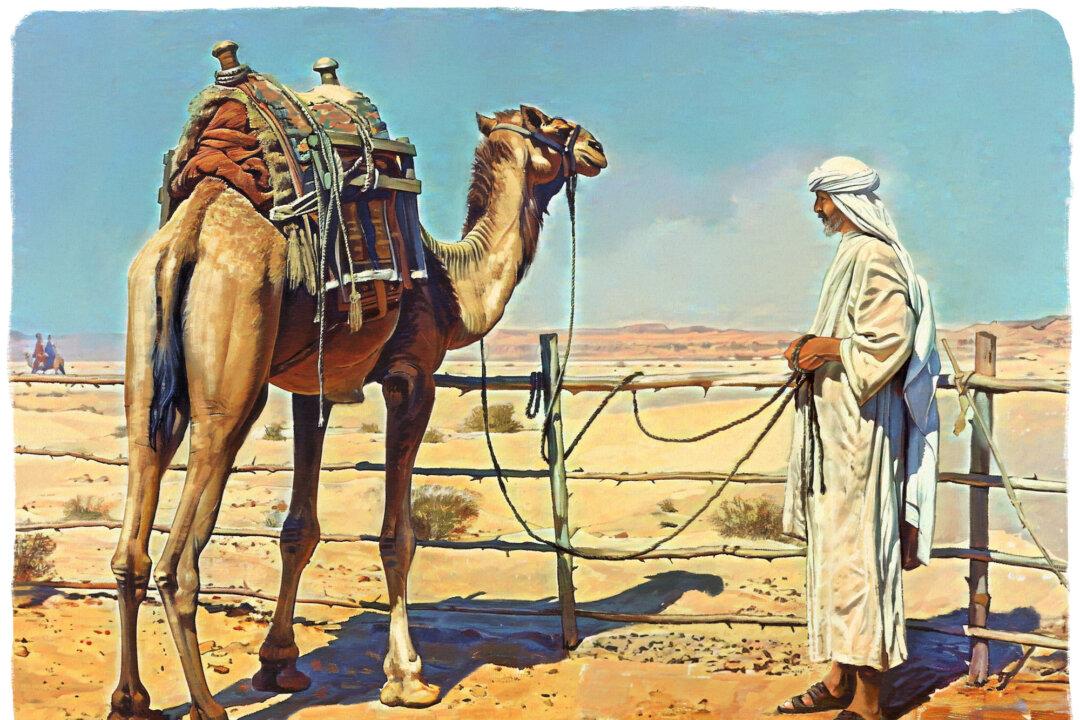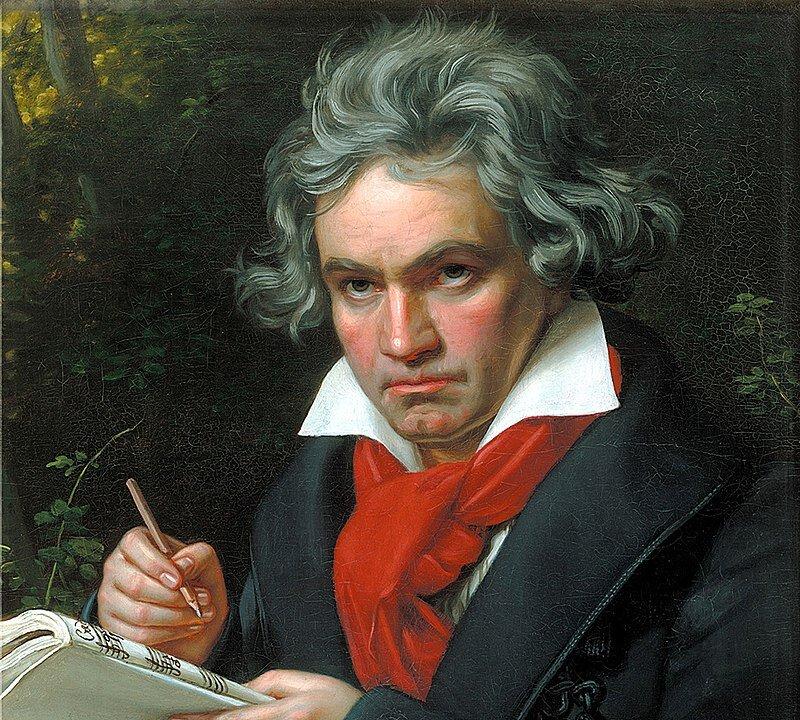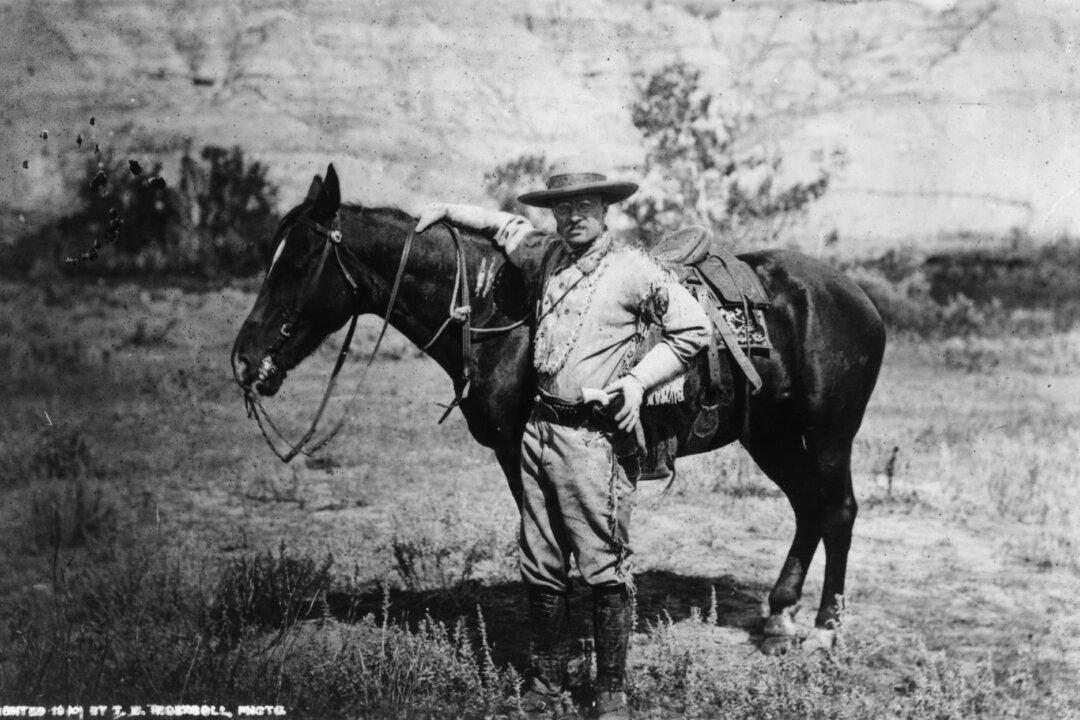If you’re reading this, you likely don’t own a camel. A shout-out to any readers who do!
This very ancient proverb lends itself to humble reflection. It hits on the question of where faith ends and irresponsibility begins, which is fascinating to consider.





